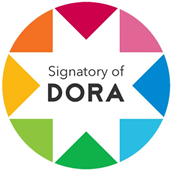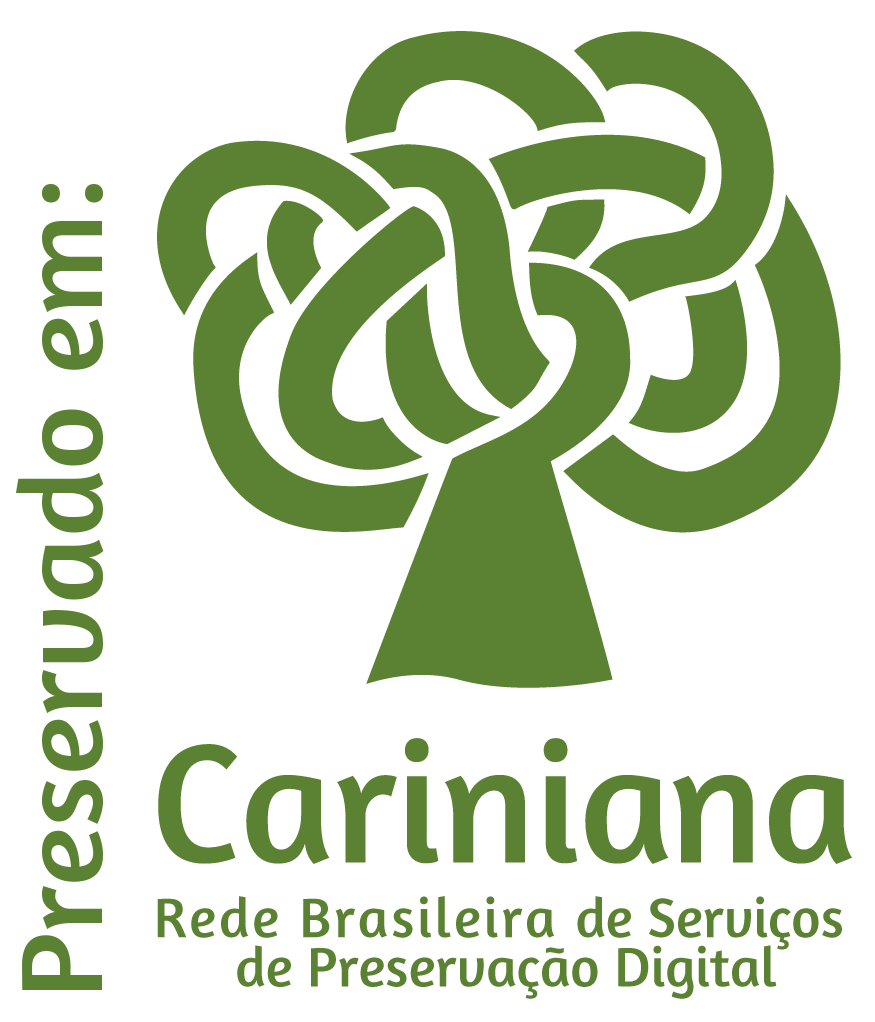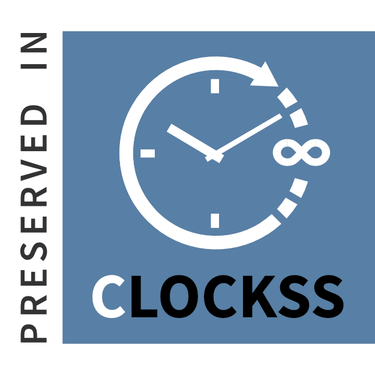Interacting common knowledge with scientific knowledge through a study based on manufacturing bread
DOI:
https://doi.org/10.31417/educitec.v1i01.16Keywords:
common knowledge, manufacturing bread, scientific knowledgeAbstract
Scholastic curriculum mostly does not privilege and nor does it esteem knowledge that is not
validated by science. However, it perceives the importance of recovering popular knowledge
in the production of scientific knowledge. Different educators have emphasized the purpose
of the school is to also esteem common knowledge, local knowledge, from the surrounding
community where the school is inserted. This research work was the purpose of investigating
the usage of common knowledge relating to scientific knowledge through a study based on
bread manufacturing. The research work was based on the performance of experiments
applying bread manufacturing to base the production of chemical concepts, such as the
fermentation reaction and chemical kinetics. The usage of common knowledge demonstrated efficiency in the teaching and learning process, as the motivation in manufacturing bread and
thus the students felt as they were protagonists in this teaching, by observing chemistry in
their everyday life.
Downloads
Metrics
References
BRASIL. Ministério da Educação (MEC). Parâmetros Curriculares Nacionais do Ensino Médio (PCNEM). 2000.
________. Lei das Diretrizes e Bases da Educação Nacional n. 9.394, de 20 de dezembro de 1996. Diário Oficial da União, Brasília, 1996.
CHASSOT, A. Para que(m) é útil o ensino? 2 ed. Canoas: Editora ULBRA, 2004.
____________. Fazendo educação em ciências em um curso de pedagogia com inclusão de saberes populares no currículo. Química Nova na Escola, n. 27, p. 9-12, 2008.
____________. Saberes primevos fazendo-se saberes escolares. Sete escritos sobre educação e ciência. São Paulo: Cortez, 2008.
COUTO, R. M. S. Fragmentação do conhecimento ou interdisciplinaridade: ainda um dilema contemporâneo? Revista Faac, Bauru, v. 1, n. 1, p. 11-19, 2011.
DE onde vêm o pão? Direção de Kiko Mistrorigo. [s.i]: Tv Escola/ Tv Pinguim, 2002. (4 min.), son., color. Série De onde vem? Disponível em: <http://tvescola.mec.gov.br/tve/video;jsessionid=3341B23E1169083A7BE8D42008C3226C?idItem=317>. Acesso em: 02 fev. 2015.
FAZENDA. I. Integração e Interdisciplinaridade no Ensino Brasileiro: Efetividade ou ideologia? São Paulo: Loyola, 1992.
GONDIM, M.S. e MÓL, G.S. Saberes populares e ensino de ciências: possibilidades para um trabalho interdisciplinar. Química Nova na Escola, n. 30, p. 3-9, 2009.
MORIN, E. Os Sete Saberes necessários à Educação do Futuro. 2. ed. São Paulo: Cortez, 2000.
RESENDE, D.R.; CASTRO, R.C. e PINHEIRO, P.C. O saber popular nas aulas de Química: relatos de experiência envolvendo a produção de vinho de laranja e a sua interpretação no ensino médio. Química Nova na Escola, vol. 32, n. 03, p. 151-160, 2010.
SANTOS, W. L. P.; SCHNETZLER, R. P. Educação em Química: compromisso com a cidadania. 4 ed. Ijuí: Editora Ijuí, 2010.
VOCÊ sabe o que é glúten? Direção de Marina Gorga. [s.i]: Nutricionário, 2013. (3 min.), Son., color. Disponível em: <http://www.youtube.com/watch?v=gGgsom53uuU>. Acesso em: 02 fev. 2015.
VENQUIARUTO, L. D., DALLAGO, R. M., VANZETO, J. DEL PINO, J. C. Saberes Populares Fazendo-se Saberes Escolares: um estudo envolvendo a produção artesanal do pão. Química Nova na Escola, vol. 33, n.3, p. 135-141, 2011.
Downloads
Published
How to Cite
Issue
Section
License
This work is licensed under a Creative Commons Attribution 4.0 International License
This license allows others to share, copy, redistribute material in any medium or format, adapt, remix, transform and develop the material based on their work, even if commercially, giving due credit and providing a link to the license.
The published articles are the property and full responsibility of their authors, who may have them for later publication, always including the original edition, and EDUCITEC Magazine does not have any legal responsibility for its content.

















